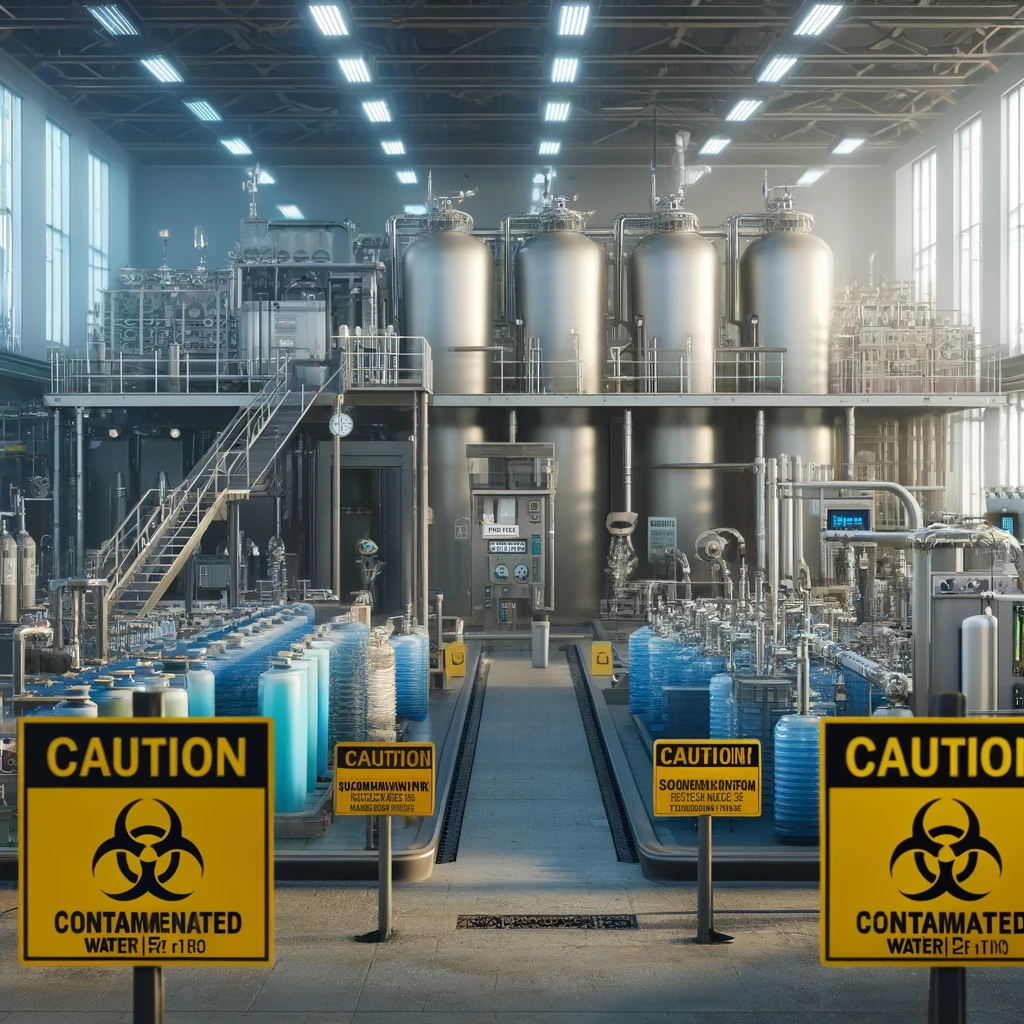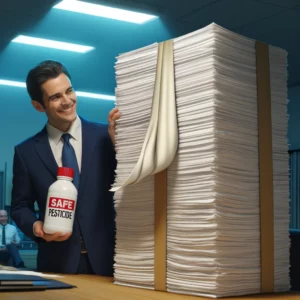City Takes Legal Action to Address PFAS Health Effects and Water Contamination
The city of Columbia, South Carolina, has filed a lawsuit against several textile and chemical manufacturers, alleging that they have negligently released PFAS chemicals, contaminating the city’s drinking water supplies. The lawsuit, filed on June 3, 2024, seeks damages from the manufacturers to help cover the costs of removing these harmful chemicals from the water.
5 Key Points
- Columbia is suing textile and chemical manufacturers for allegedly contaminating drinking water with PFAS chemicals.
- The lawsuit seeks compensation for the city’s increased expenses related to PFAS removal from water and wastewater.
- PFAS chemicals have been linked to various health issues, including decreased fertility, developmental delays, and increased cancer risk.
- The EPA recently designated two widely used PFAS chemicals as hazardous substances and established national drinking water standards.
- The city estimates installing filtration equipment to remove PFAS could cost $150 million.
The Impact of PFAS on Columbia’s Water Supply
PFAS, or perfluoroalkyl and polyfluoroalkyl substances, are a class of chemicals that have been used in various industrial and commercial products since the 1940s. These chemicals are known for their resistance to heat and ability to repel oil and water, making them useful in products such as firefighting foams, stain-resistant coatings, and non-stick coatings.
However, the presence of PFAS in the environment has become a growing concern due to their potential health effects. Studies have linked elevated PFAS levels in the human body to decreased fertility, high blood pressure during pregnancy, developmental delays in children, hormonal disruption, reduction of the immune system, and an increased risk of certain cancers (Domingo & Nadal, 2019).
Since 2020, the city of Columbia and the South Carolina Department of Health and Environmental Control have been regularly testing and detecting PFAS in local rivers and other water sources. The lawsuit alleges that the named manufacturers negligently released these chemicals, contaminating the city’s drinking water supplies.
The Cost of Removing PFAS from Water
Removing PFAS from water and wastewater requires complex and expensive treatment technologies. According to Clint Shealy, who oversees Columbia Water, the cost of installing the necessary filtration equipment could reach $150 million for the city.
The lawsuit seeks compensation for these increased capital and operating expenses related to PFAS removal, arguing that the city must upgrade its water and wastewater treatment facilities due to the defendant’s actions.
EPA Regulations and National Lawsuit
In April 2024, the U.S. Environmental Protection Agency (EPA) designated two widely used PFAS chemicals as hazardous substances. It established national drinking water standards that require local governments to test for and address PFAS contamination in water supplies.
Columbia opted out of a nationwide lawsuit settled in February 2024, believing that the compensation offered was insufficient to cover the city’s costs related to PFAS contamination.
PFAS Detection and Health Concerns
PFAS chemicals do not affect water’s taste, smell, or color, making sampling the only way to determine their presence. High levels of PFAS have been detected in private drinking wells in the Midlands region of South Carolina and other areas of the state, raising concerns about the potential health risks to residents.
As the lawsuit progresses, it may set a precedent for other cities and states grappling with the costs and consequences of PFAS contamination in their water supplies. The outcome could also pressure manufacturers to develop alternatives to PFAS chemicals and take responsibility for their products’ environmental and health impacts.
FAQ
Q. Do you qualify for a PFAS lawsuit?
A. To see if you qualify, click here.
Q. What are PFAS chemicals?
A. PFAS, or perfluoroalkyl and polyfluoroalkyl substances, are a class of chemicals used in various industrial and commercial products since the 1940s. They are known for their resistance to heat and ability to repel oil and water.
Q. What health effects are associated with PFAS exposure?
A. Elevated PFAS levels in the human body have been linked to decreased fertility, high blood pressure during pregnancy, developmental delays in children, hormonal disruption, reduction of the immune system, and an increased risk of certain cancers.
Q. How can PFAS be removed from water?
A. PFAS can only be removed from water and wastewater using complex and expensive treatment technologies, such as advanced filtration systems.
Q. What action has the EPA taken regarding PFAS?
A. In April 2024, the EPA designated two widely used PFAS chemicals as hazardous substances and established national drinking water standards that require local governments to test for and address PFAS contamination in water supplies.
Q. What is the purpose of Columbia’s lawsuit against chemical manufacturers?
A. The lawsuit seeks compensation for the city’s increased capital and operating expenses related to PFAS removal from water and wastewater, which, according to estimates, could total $150 million.
Citations:
Domingo, J. L., & Nadal, M. (2019). Human exposure to per- and polyfluoroalkyl substances (PFAS) through drinking water: A review of the recent scientific literature. Environmental Research, 177, 108648. https://doi.org/10.1016/j.envres.2019.108648





